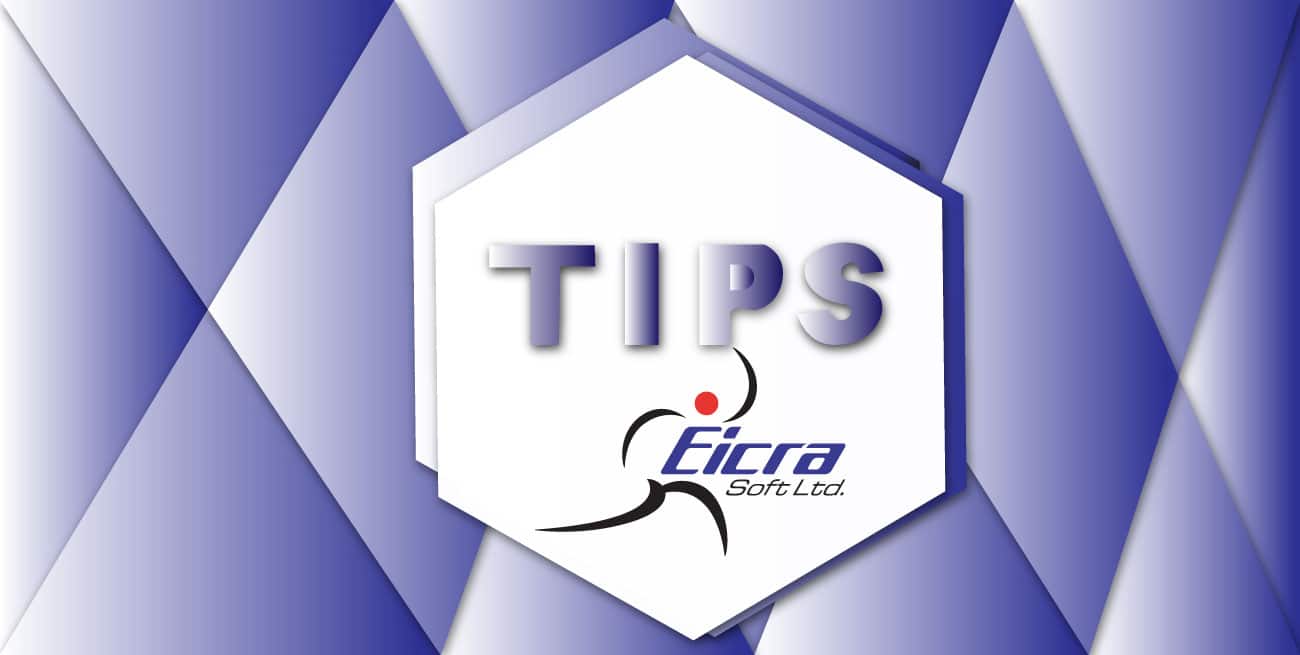
17 Jul 8 Tips For Getting The Best PEO Service
1. Handle HR Activities: Working with a full-fledged professional employer organization should allow you to manage your company’s HR management with ease.
2. Maintain HR Functions: A professional employer organization (PEO) can help with everyday HR activities such as payroll, tax compliance, bonuses, retirement plans, health insurance, and other employee benefits.
3. Co-Employment: Any business or organization should consider PEO as a co-employer.
4. International PEO: Because of a B2B agreement, an overseas PEO might be regarded to handle particular areas of employment obligations for a company like yours.
5. Greater Precision: When you rely on PEOs and consider them for your company’s HR activities, you can anticipate precision at every turn.
6. No Regulatory Risks: A PEO should keep up-to-date tax tables and keeps a watch on changing social legislation in different nations to avoid any regulatory issues.
7. Draw An Action Plan: Drawing an action plan that contains the tasks and responsibilities that you want the third party to take care of when they work with you is the first step in picking your PEO.
8. Evaluate The Expertise: Choosing the PEO should involve weighing the PEO‘s experience to see if they’re capable of handling the work you’re about to provide them.
9. Ensure Reliability: When you outsource your company’s HR obligations to someone, you must ensure that they are a reputable brand in the human resource management field.



Sorry, the comment form is closed at this time.